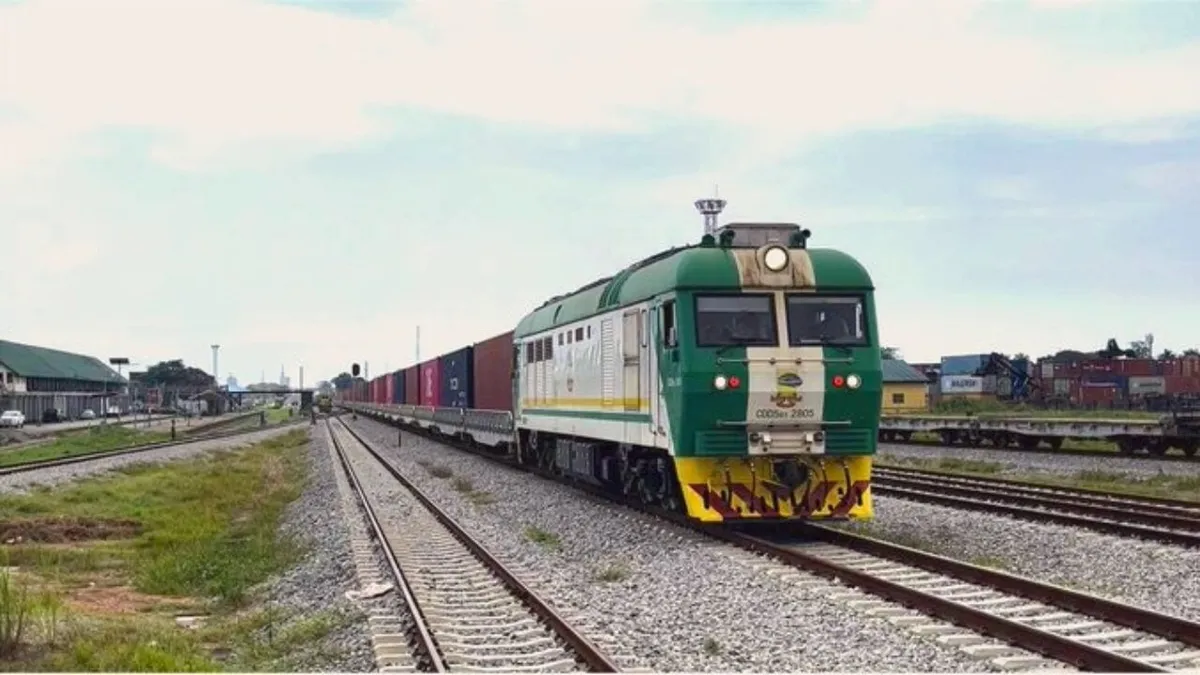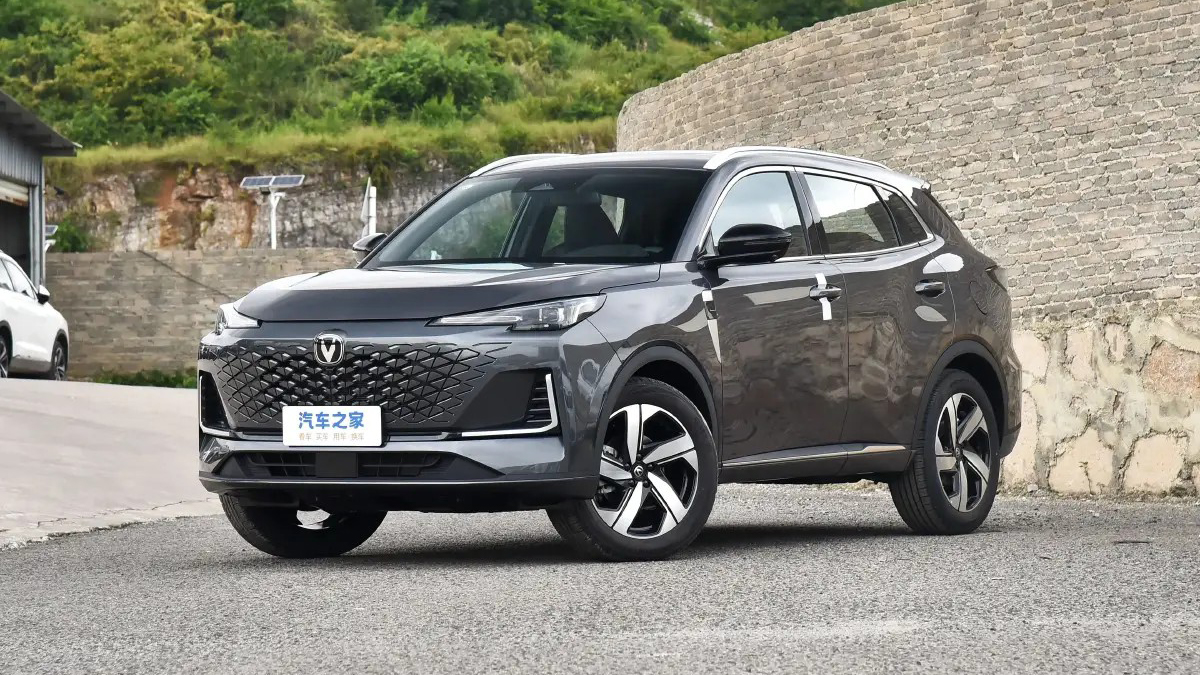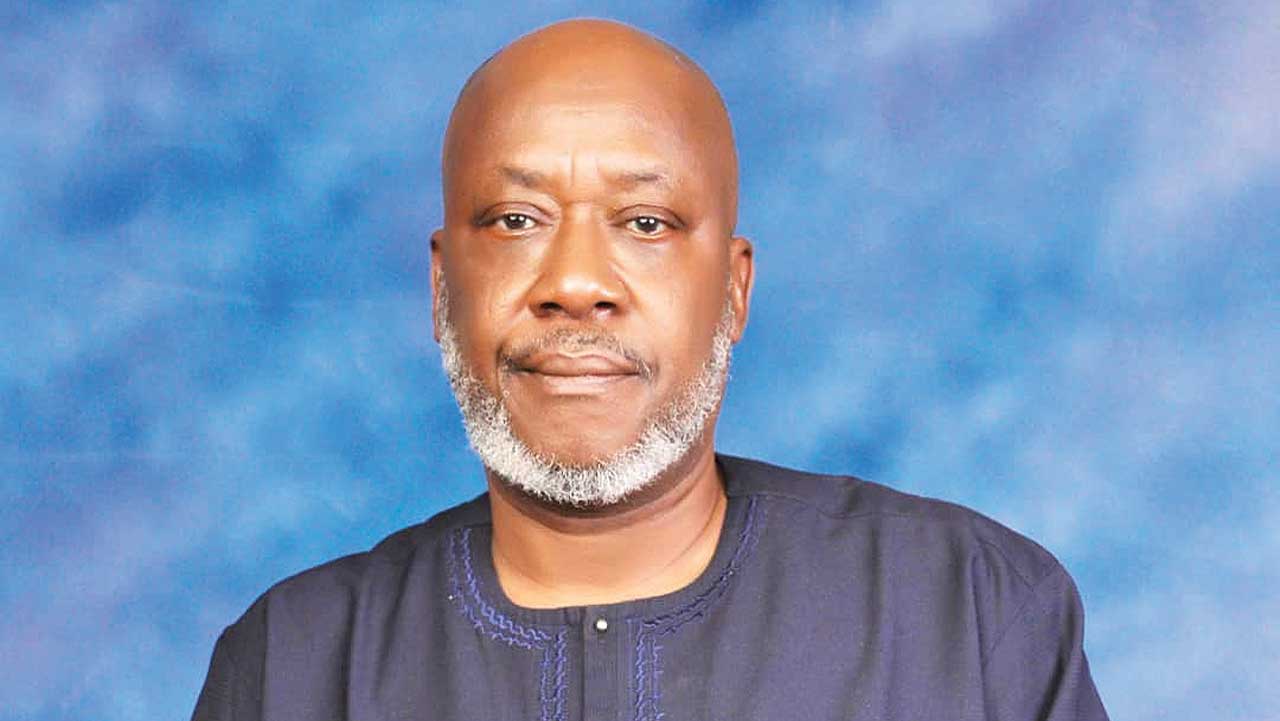 The year was greeted with mixed feelings both in the motoring and rail sub-sectors. In this report, BENJAMIN ALADE writes on events that shaped the development of the sector in the year.
The year was greeted with mixed feelings both in the motoring and rail sub-sectors. In this report, BENJAMIN ALADE writes on events that shaped the development of the sector in the year.
The year 2023 began on a bumpy ride for the motoring sector even as the sector witnessed a challenging year. The year was characterised by challenges of inflation, naira devaluation, low purchasing power, customers’ priority among others.
The market witnessed a downturn in business even as most of the players were not displaying or launching new vehicles due to the economic situation of the country.
Only a few out of the players were able to launch brand new vehicles as opposed to players unveiling vehicles every quarter of the year.
The players blamed the harsh economic situation on their market, stating that the increase in dollar exchange rate has a huge impact on the purchasing power of customers.
While players like Mikano Motors, Coscharis Motors and Toyota by CFAO launched new entrants into the market, Stallion Motors didn’t unveil any product in the year due to harsh economic conditions.
Stallion said customers would prefer to prioritize other essential commodities instead of considering buying a new car.
Stallion Motors has a fleet of about seven brands under its portfolio but was unable to launch a new product during the year due to inflation and other characterized economic conditions.
Aside from that, the fall in the per capita income of Nigerians in the last few years is affecting their buying power and capacity to afford new cars. This is coupled with the fact that there is a lack of easily accessible and affordable auto finance schemes in the country.
These and many hydra-headed challenges are the major limitations affecting Nigerians who desire to own a car. To this end, average Nigerians have continued to opt for imported or used cars to save cost.
Findings showed that used car businesses have over a few decades become the norm for car ownership in the country, making Nigeria one of the dumping capitals for used vehicles in the world.
This challenge of dumping has been further accentuated in the country because the Nigerian auto industry has been heavily driven by an unregulated influx of used cars, which has relegated locally produced cars.
Besides, the cost of importing vehicles, including mass transit units, and other commodities has increased by as much as 20 per cent, a direct consequence of the 40 per cent increase in the foreign exchange (FX) rate for clearing operations.
The possibility, experts have warned, would worsen the commuting crisis and the imminent increase in the poverty level in the country. They added that the increase would complicate the inflation outlook, especially as Nigerians still rely mainly on importation for essential consumption.
The automotive industry as a consumer-facing business is as dependent on well-functioning and widely available financing as any other retail business across the globe.
The high cost of buying new or used vehicles in Nigeria is leaving more people with no choice other than to keep the ones they have longer than they previously planned, findings by The Guardian have shown.
Prices of brand-new and foreign used cars, popularly known as Tokunbo, reached a record high in the last four years due to the continuous depreciation of the naira against the dollar.
This has increasingly made purchasing brand-new cars unaffordable and expensive to many Nigerians, especially low-income earners.
The naira-dollar exchange rate has significantly impacted the prices of vehicles sold in Nigeria because most of them are imported, and dealers need foreign exchange to bring them into the country.
General Manager, Suzuki by CFAO, Aissatou Diouf, said: “Since last year, the FX rates we were using for the importation of cars were already high, which ranges from N770 to N800/$ and the rate impacted the prices of brand-new cars.”
She said the Customs FX rate for clearing, which was around N440/$ before, has also increased to N770/$ to align with the market rates.
According to her, the adjustment in FX rates has about a 15 percent impact on the prices of brand-new cars.
Explaining further, Diouf said that in 2019 when Suzuki officially launched in Nigeria, none of the Suzuki range of cars was sold for up to N10 million then.
According to her, a brand-new Suzuki Grand Vitara was sold at N9.9 million at that time but from 2019 to October 2022, when the naira was devalued, the price of Grand Vitara more than doubled and was sold at N20 million.
“The prices of cars are up because of the devaluation of the naira, and the Customs increased the exchange rate for clearing imports,” she added.
Despite these challenges, the sector also witnessed the new entry of electric vehicles (EVs) in the country with investors seeing a future in the automotive market.
As the cost of petrol has risen and the West is pressuring the developing world to join its effort to reduce the carbon footprint on the earth, EVs have been offered as the future of sustainable mobility. As the government removed subsidies on petrol a few months ago and skyrocketed fuel prices in the country, it increasingly looks like the country’s best bet.
Meanwhile, in October 2023, an American electric vehicle company, Saglev, announced plans to launch its advanced electric vehicle assembly plant in Lagos, Nigeria, later in the year.
The company, collaborating with EV manufacturers in Europe, China, and the United States, stated that it has an assembly plant in Ikorodu, Lagos, to produce vehicles to meet Nigerian environmental and road conditions.
Chairman and Chief Executive Officer, Saglev, Dr. Sam Faleye who spoke at the unveiling of Saglev Electric Vehicles to distributors and dealers in Lagos said the assembling plant has been licensed and approved by the National Automotive Design and Development Council (NADDC).
Also in December, to encourage the adoption of EVs in Nigeria, BlackPace Group has partnered with Ardova Plc, AP Renewables to implement a fast-charging network in selected locations across the country. This infrastructure will provide the necessary charging units and power to support EV ownership, making it more accessible to the Nigerian market.
Championed by Paul Andrew, BlackPace Group is driving the adoption of EVs in Nigeria, with the vision of establishing the “Tesla of Africa”. Despite the widespread belief that electric cars are not suitable for the country due to existing challenges with the power supply, Andrew believes that BlackPace can lead Nigeria into a new era of mobility.
The introduction of EVs in Nigeria would not only contribute to reducing noise pollution but also help address the problem of air pollution and its harmful effects on public health. With zero emissions, EVs have the potential to significantly improve air quality in urban areas and mitigate the impact of climate change.
Although there are still challenges to overcome, such as the availability of technical skills to operate EVs, the introduction of electric vehicles in Nigeria represents a significant step towards a cleaner, greener, and more sustainable future.
With the introduction of EVs in Nigeria, the country played a significant role in crashing the prices of the vehicles even with the deposits of natural resources for producing the driving force of the vehicle, which is lithium for batteries.
This is even as experts have said there is a need for the government to put in place proper policies and education to achieve a greener economy and scale up the EV campaign.
Rail sector
The Nigerian rail sector staggered into 2023 with many passengers stranded due to the Naira scarcity hassles that paralysed business activities in the first quarter of the year. The rejection of old Naira notes by staff of the Nigerian Railway Corporation (NRC) left many passengers fuming as the new notes remained elusive.
Barely has the dust raised by the Naira scarcity settled down when one of the corporation’s standard gauge trains, the Warri-Itakpe train derailed at kilometre 30 of the Ajaokuta-Itakpe section of the track in January 2023, leading to the suspension of the Warri-Itakpe train services. The Warri-Itakpe train was not restored until April 2023 after the NRC had ensured that all passengers onboard the ill-fated train had been accounted for.
The commencement of Lagos to Ibadan cargo evacuation by rail in September was however a turning point for railway development in 2023. For years, a lack of efficient movement of cargo by rail has meant that the port terminals have had to battle congestion due to a single mode of cargo evacuation, which is road haulage.
The absence of an intermodal means of cargo evacuation left many Nigerian roads dilapidated and contributed majorly to the traffic gridlock that rocked the Lagos port’s access roads in past years.
Inaugurating the first trip in September, the Minister of Transportation, Saidu Alkali said that the container freight movement will be done on one of the three standard gauge lines for now while efforts are on to remove the Customs scanner building impeding the other two lines.
According to the Minister of Transportation, “You are all welcome to the commissioning of the inaugural movement of containers from Apapa Port to Ibadan.
“We will be doing three trips in a day. If you multiply three trips by 30 days, that will give you 90 trips in a month.
“With movement of containers from Apapa to Ibadan, we expect the Apapa Port to be decongested and our roads to be free of container carrying trucks.”
It’s been four months since the NRC launched the Lagos cargo train, issues outside train operations like multiple handling charges and availability of cargoes have meant that the 90 monthly trips spelt out by the Minister of Transportation have remained elusive.






